Apple's new HealthKit tools in iOS 8 are the centerpiece of two separate medical trials about to kick off at prominent U.S. hospitals, aiming to help in treatment of diabetes, cancer and heart disease.
HealthKit will power new healthcare related programs set to go into medical trials at Stanford Children's Health and Duke University, as detailed by Reuters on Monday. The pilot programs, scheduled to launch in the coming weeks, aim to "improve the accuracy and speed of reporting data," replacing legacy systems done by phone and even fax machine, the report said.
The systems would allow patients to track their trends at home, making it easier to monitor potentially vital information.
For example, if a patient has hypertension, they might be required to take blood pressure medication on a daily basis and also track their daily blood pressure measurements. This information is typically written down and brought in to their doctor upon the next visit, but Apple's HealthKit would make it possible to automate that data collection and submission.
At the Stanford trial, patients with Type 1 diabetes will be given an iPod touch to help monitor blood sugar levels. Medical device makers are also taking part in the trials, with DexCom's blood sugar monitoring equipment specifically mentioned in the report.
The DexCom device relies on a sensor inserted under the skin of a patient's abdomen, which transmits data every five minutes to handheld receiver. That receiver measures blood glucose levels, and sends the information to a mobile application that can be installed on an iPhone or iPad, tapping into the HealthKit tools found in Apple's iOS 8 mobile operating system.
The report also revealed that Apple is apparently considering a "HealthKit Certification" requirement for third-party developers. This would allow the company to help ensure privacy of user data, specifically requiring that data be securely stored and not sold to advertisers.
Last month, Apple outlined restrictions for HealthKit, specifically preventing developers from selling or otherwise distributing sensitive data collected by its iOS 8 application programming interface. Apple specifically states that developers may "not sell an end-user's health information collected through the HealthKit API to advertising platforms, data brokers or information resellers," and are also barred from using gathered data "for any purpose other than providing health and/or fitness services."
Apple is believed to have ambitious plans for its new HealthKit tools, and is said to have been in talks with a number of major healthcare providers to help facilitate use of its new health-related platform. The tools currently available to developers will become accessible on tens of millions of devices this Wednesday, when iOS 8 launches for iPhone, iPad and iPod touch.
 Neil Hughes
Neil Hughes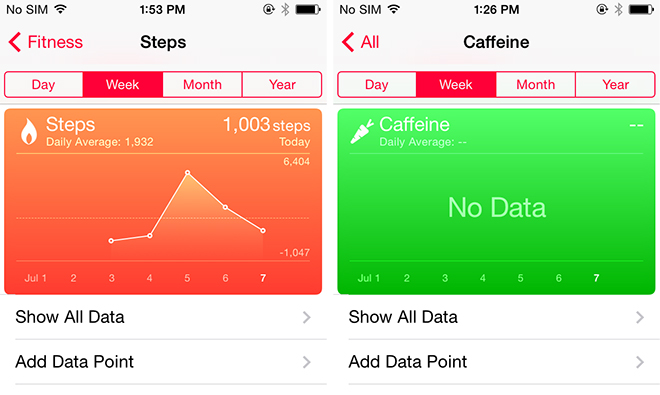


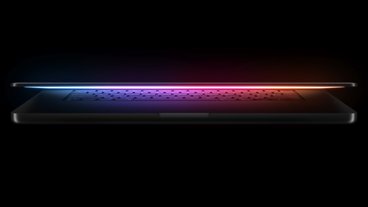


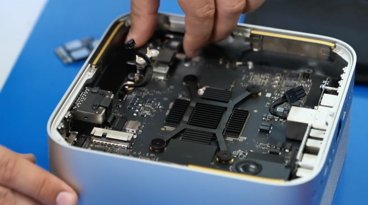








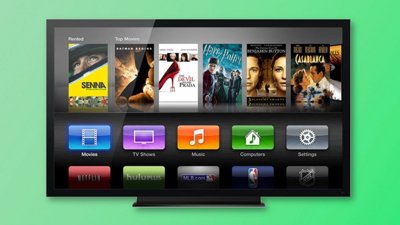
 Charles Martin
Charles Martin
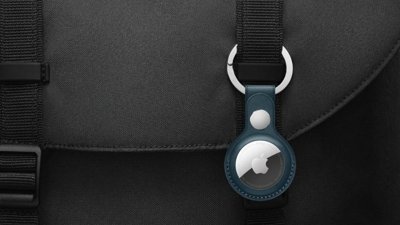

 Christine McKee
Christine McKee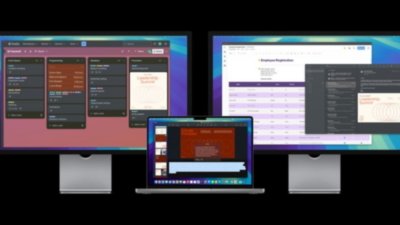
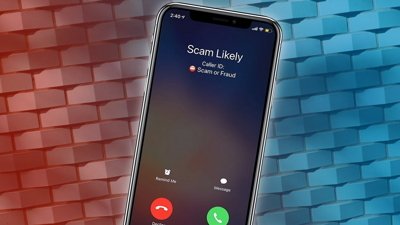

 Oliver Haslam
Oliver Haslam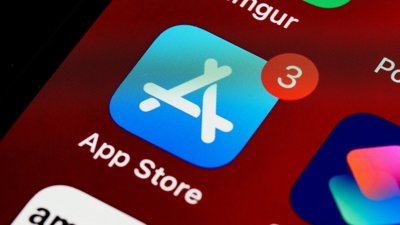
 William Gallagher
William Gallagher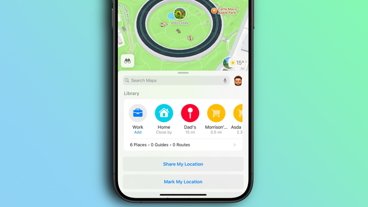
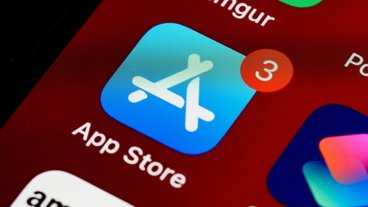







33 Comments
And so it begins ... Star Trek medical room technology is on the way folks. How long until we see a medical room with same display on the wall behind the patient as they do in the TV series?
These studies push past the idea of using an Apple Watch to monitor a patient's health, it includes the use of "invasive" diagnostic devices tied to a local receiver (an iTouch for cost reason's?). My father in law has an implantable cardioverter defibrillator (more than just a pacemaker). I believe it includes a base station next to his bed that captures data and is able to send it to his doctor or a specialized service. This would be a perfect device to include an iOS app for, especially when used with an Apple Watch. Of course, getting my father in law to spend the money to get a real phone instead of his antiquated cheap phone is another thing but my mother in law would love to be able to monitor his arrhythmia locally instead of waiting to hear back from his doctor (and she could handle this process just fine).
I've seen doctors comment on other sites about the accuracy of the Watch sensors but in the case of implanted sensors, I could the Watch being a perfect device. My father in law had to have his defibrillator replaced because the battery ran out but why can't these device be configured with WiFi or Bluetooth charging to keep them running for many more years than a typical battery now used. Contrary to some websites, changing a pacemaker or defibrillator is not always a simple process. The less surgery the better.
It will be refreshing to be referred to as iGuinea-pigs rather than iSheep. (I have always wondered why Android fans claim to be the majority but instead they call us sheep. How the f*ck does that work?)
[quote name="GTR" url="/t/182294/apples-healthkit-powering-ambitious-new-medical-trials-at-stanford-duke#post_2598623"]It will be refreshing to be referred to as iGuinea-pigs rather than iSheep. (I have always wondered why Android fans claim to be the majority but instead they call us sheep. How the f*ck does that work?)[/quote] They'd be the lambs ... vast majority of them are
Alot of downplay on the introduction of the watch, its just the beginning, it will be an interesting year as all of this plays out.